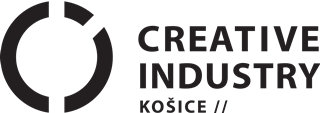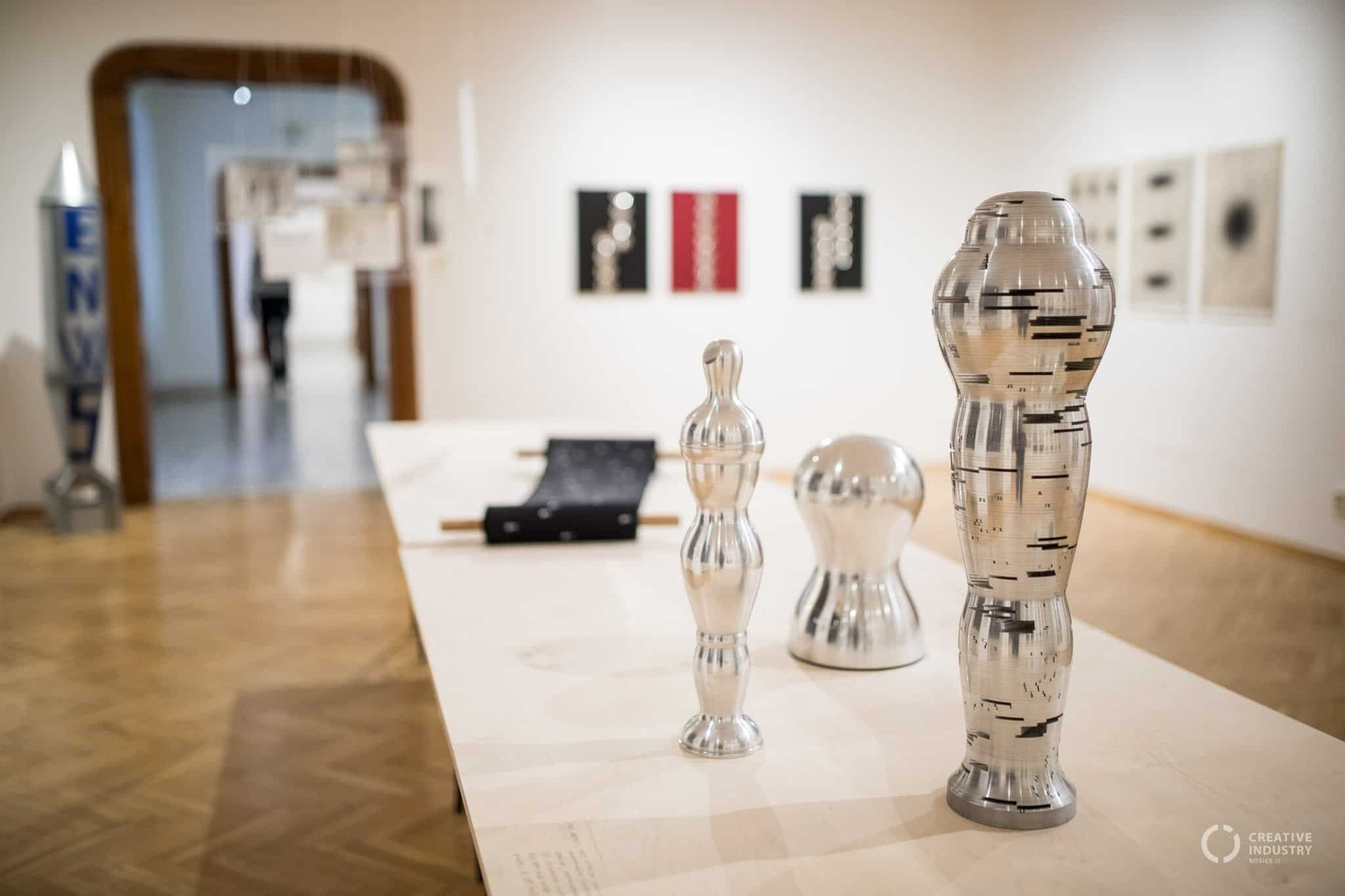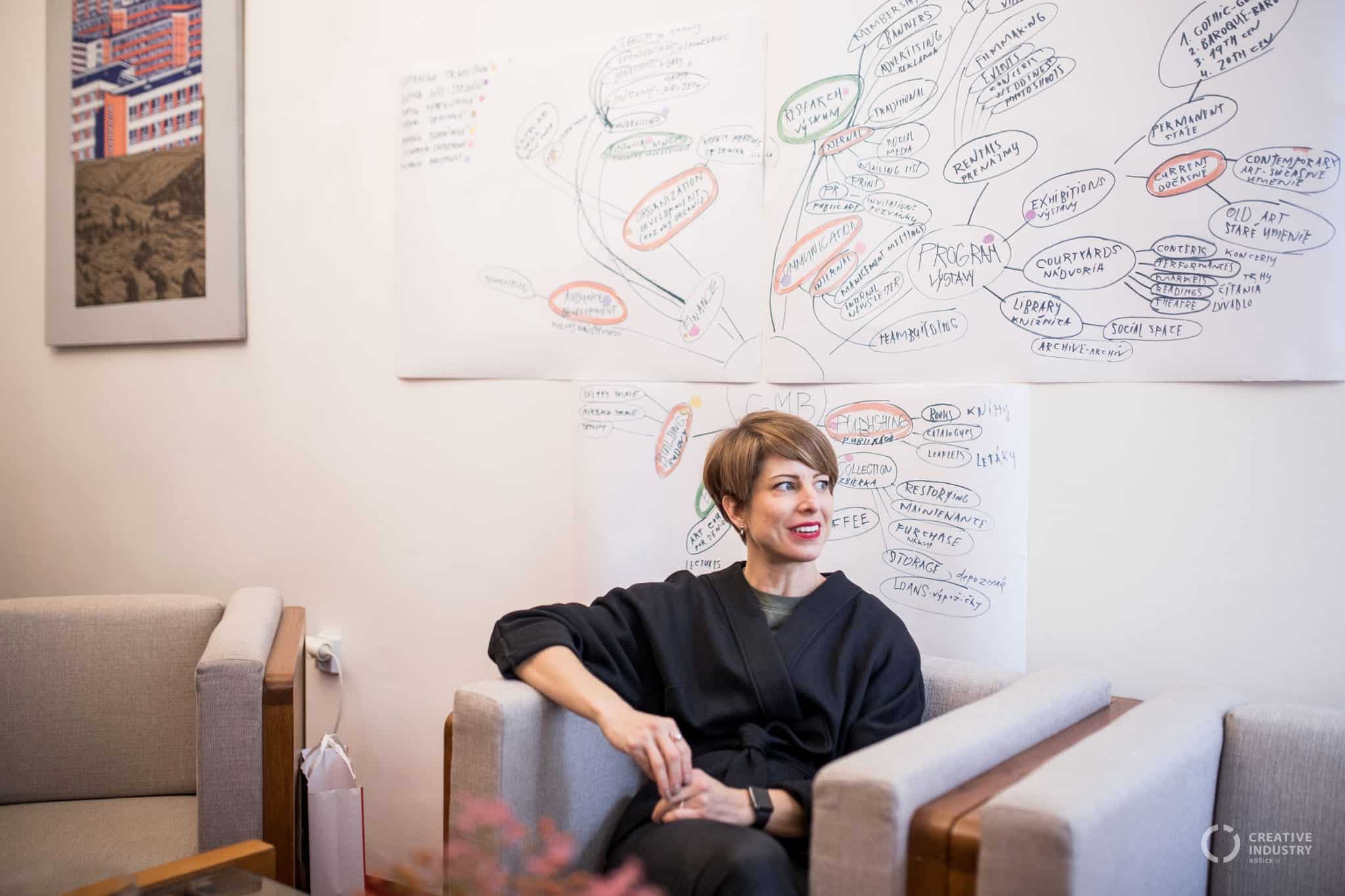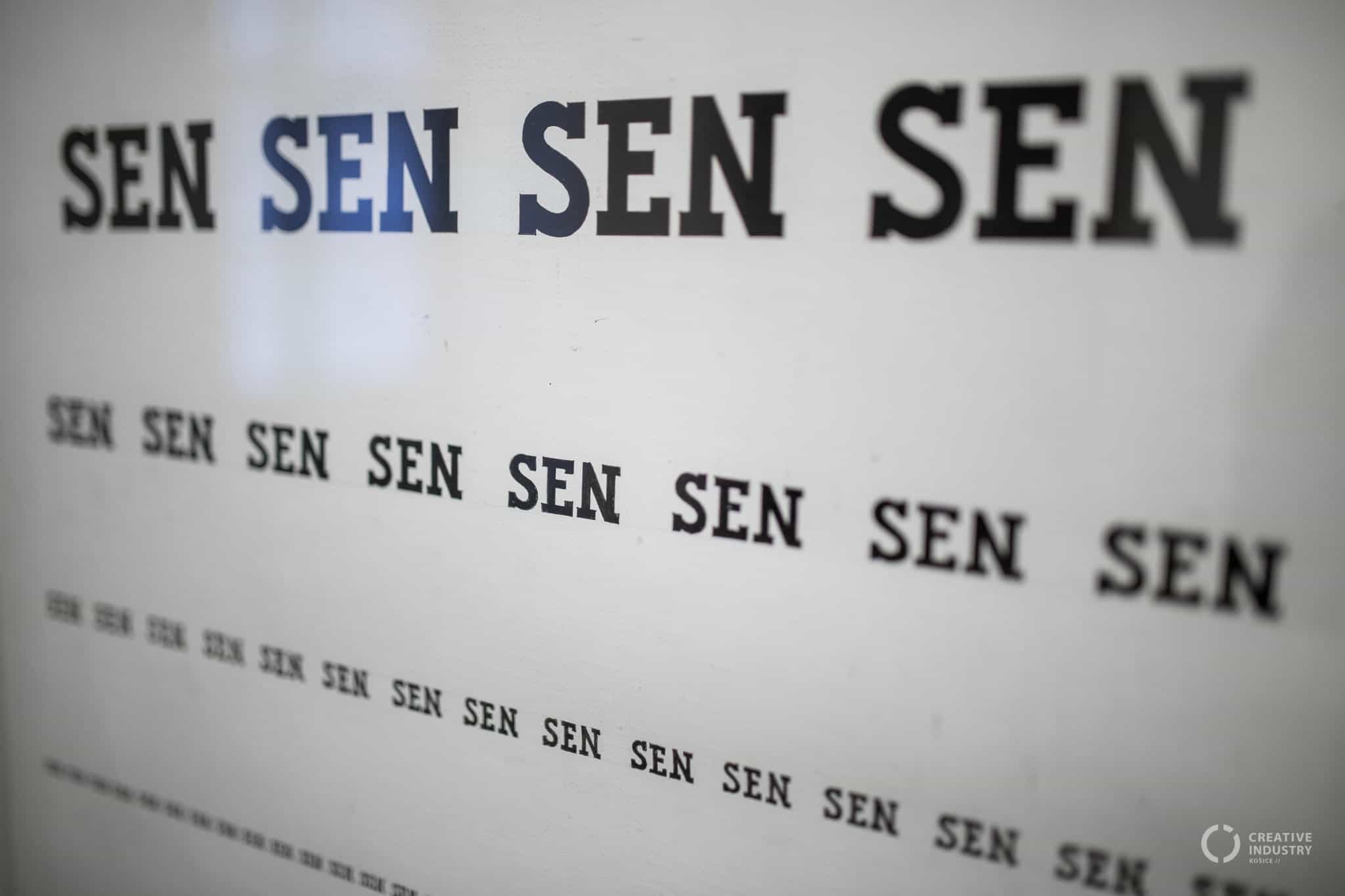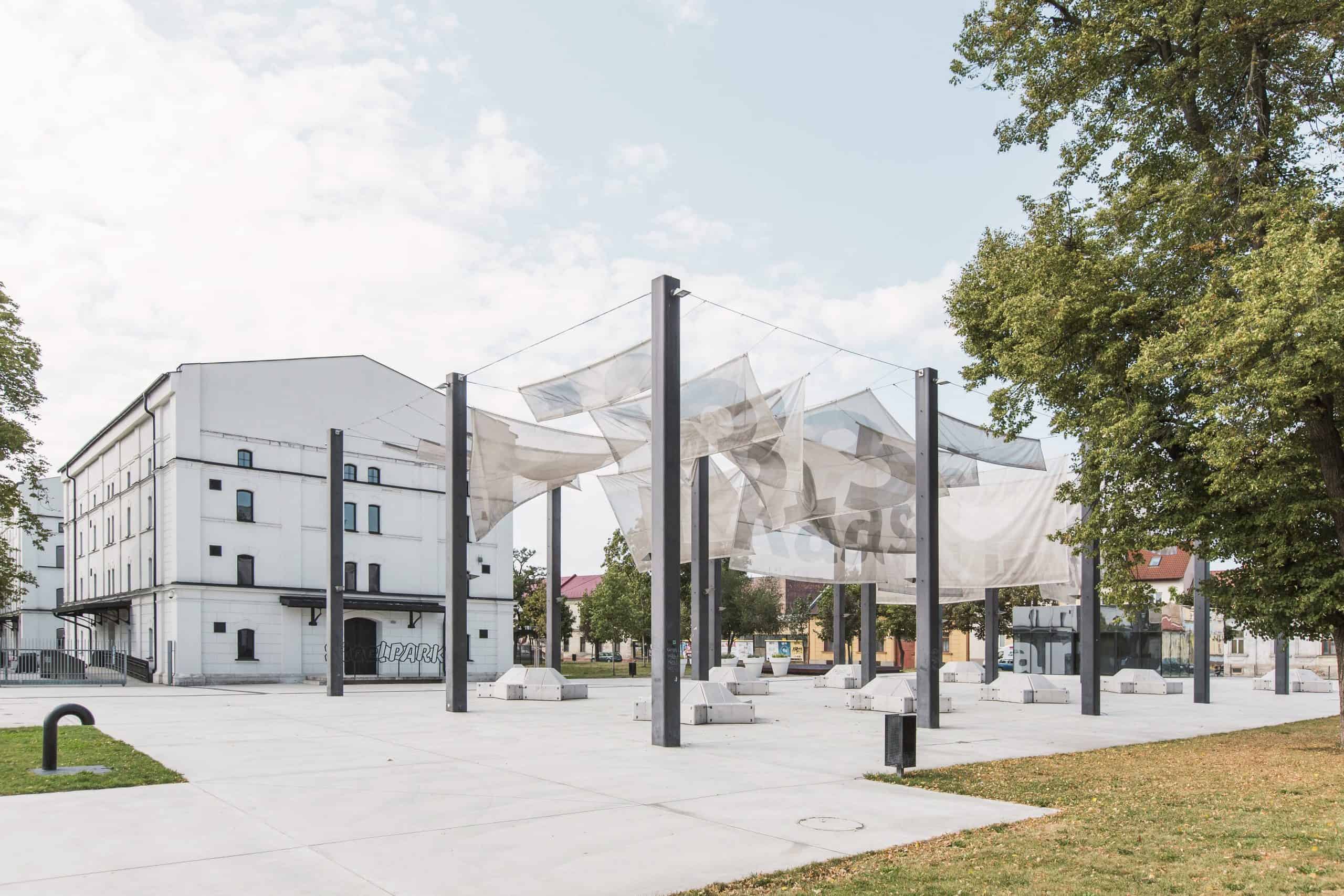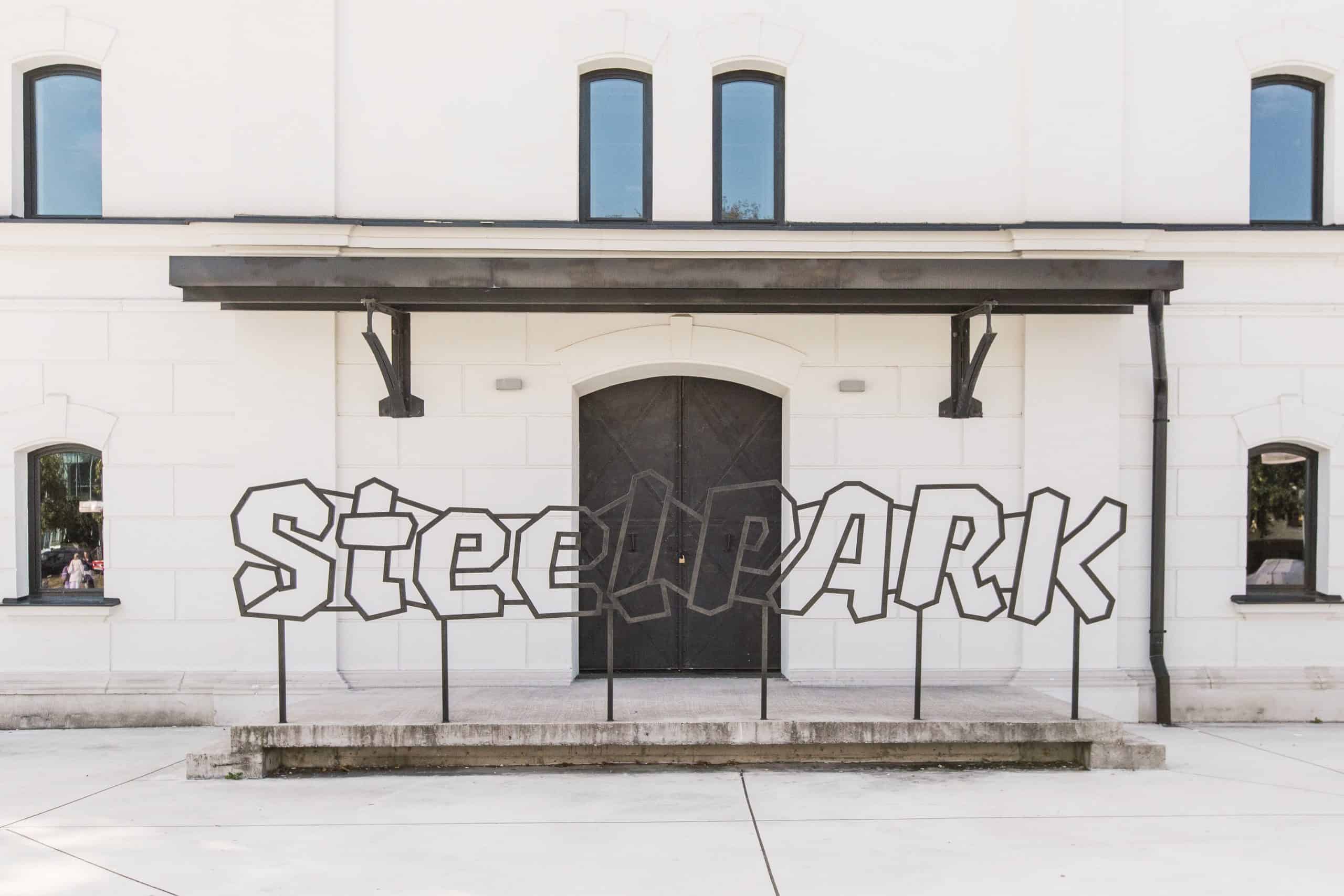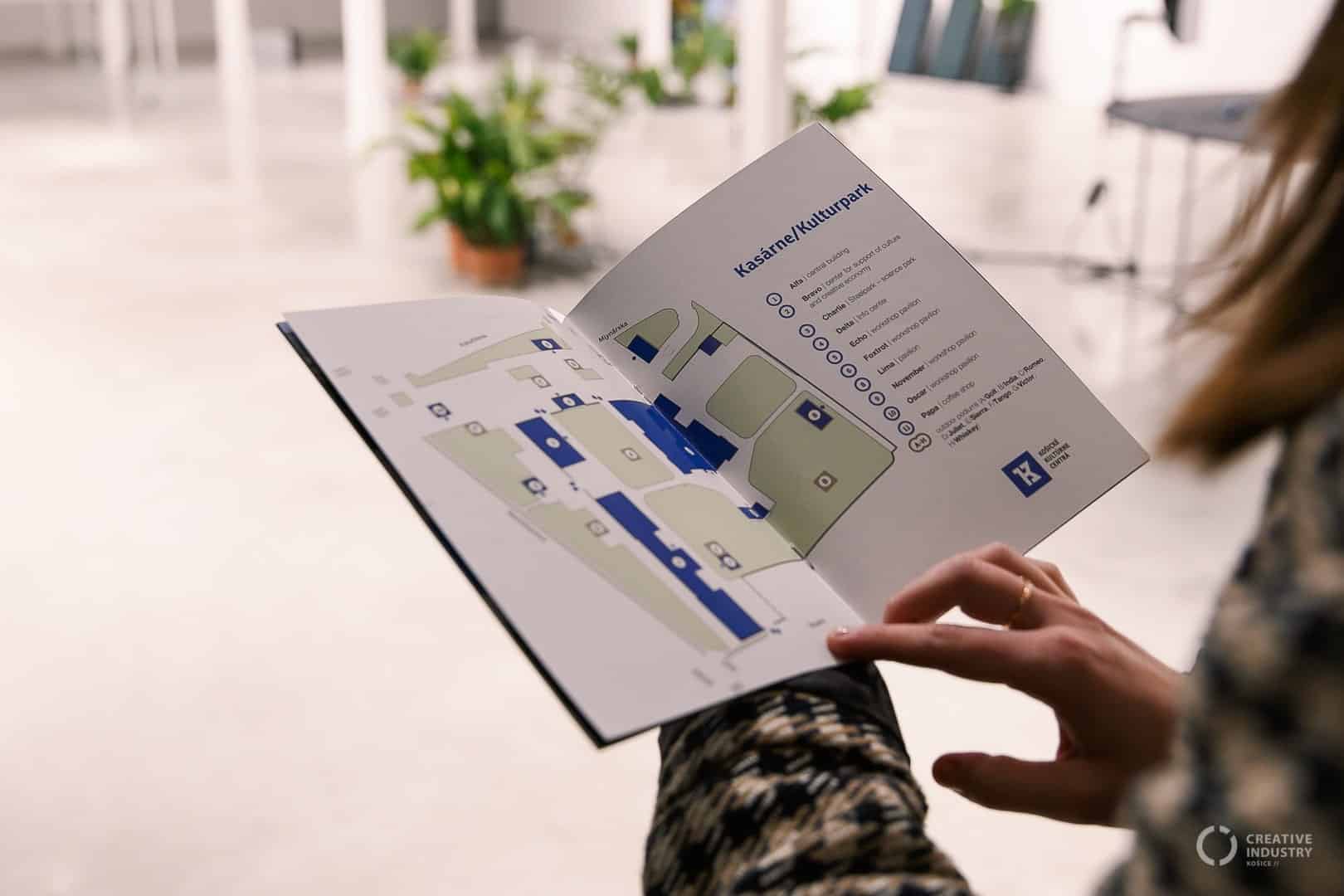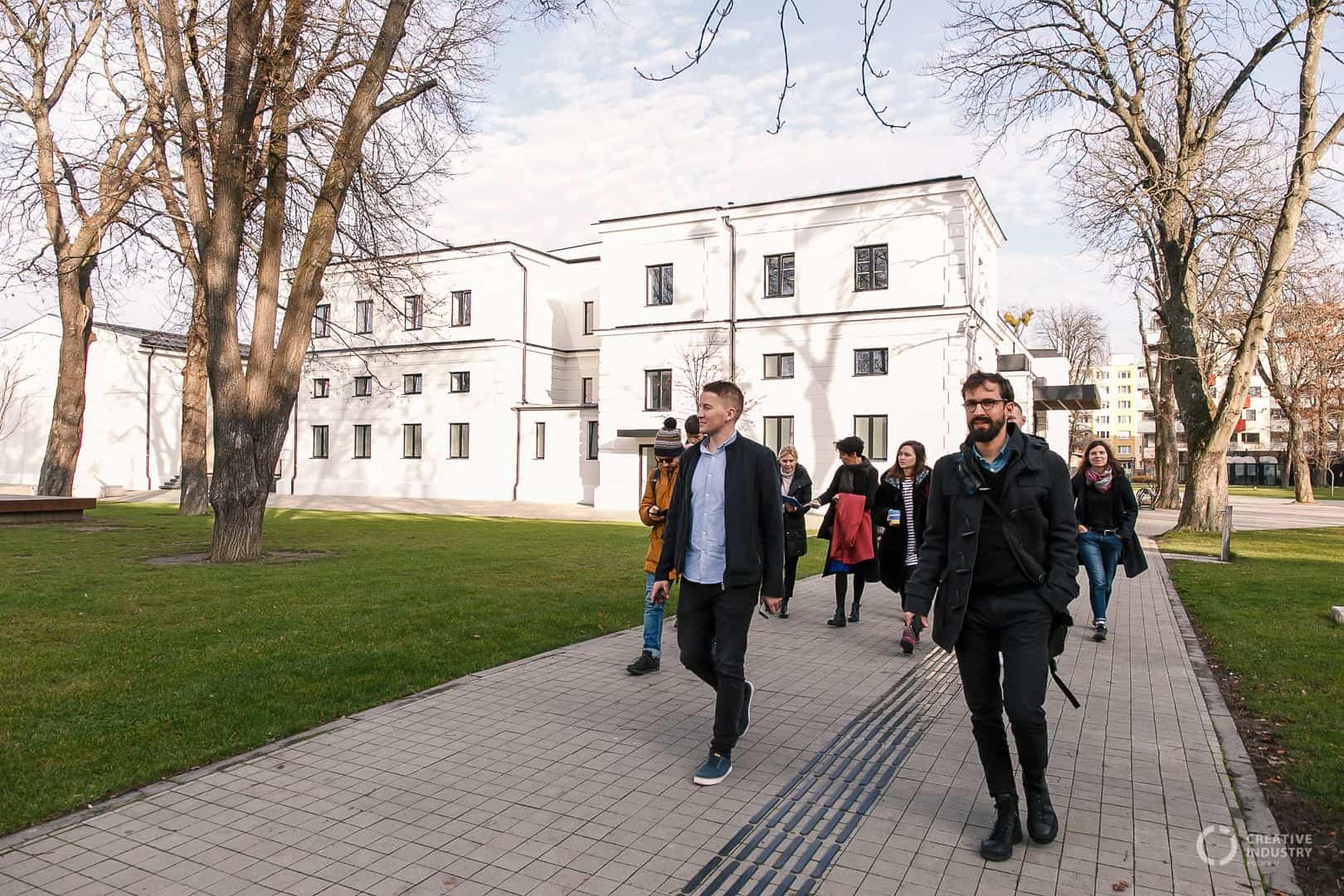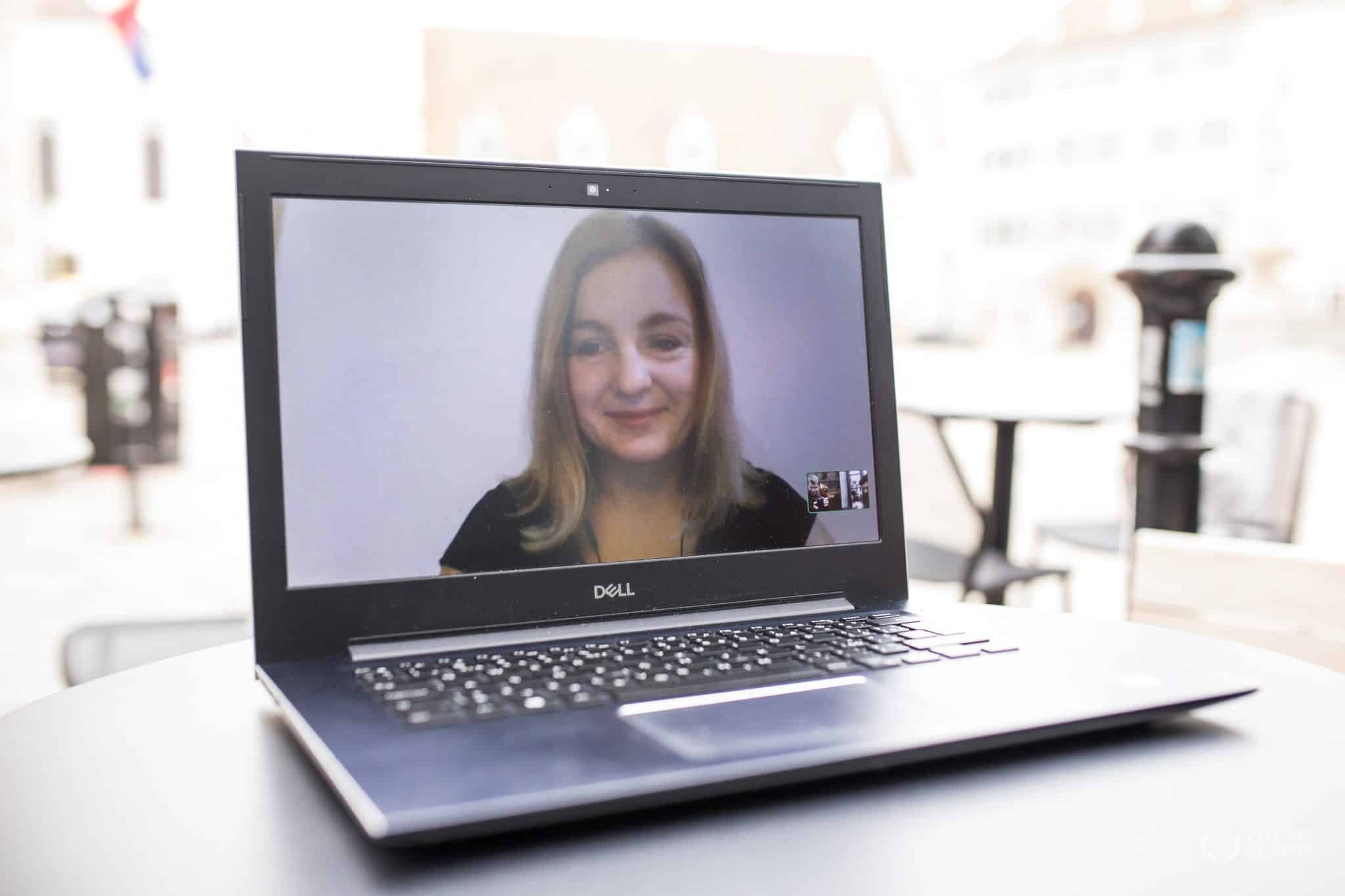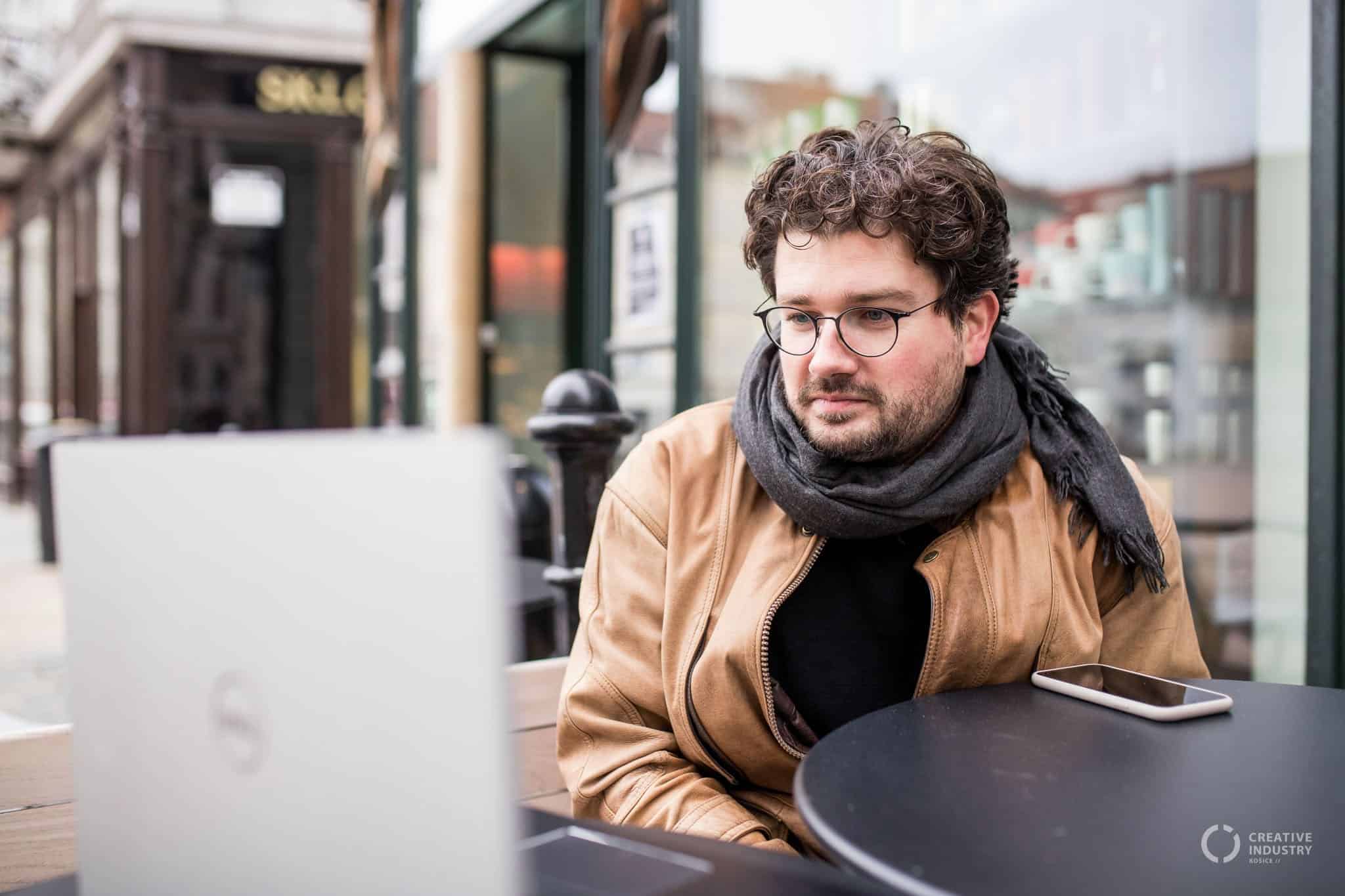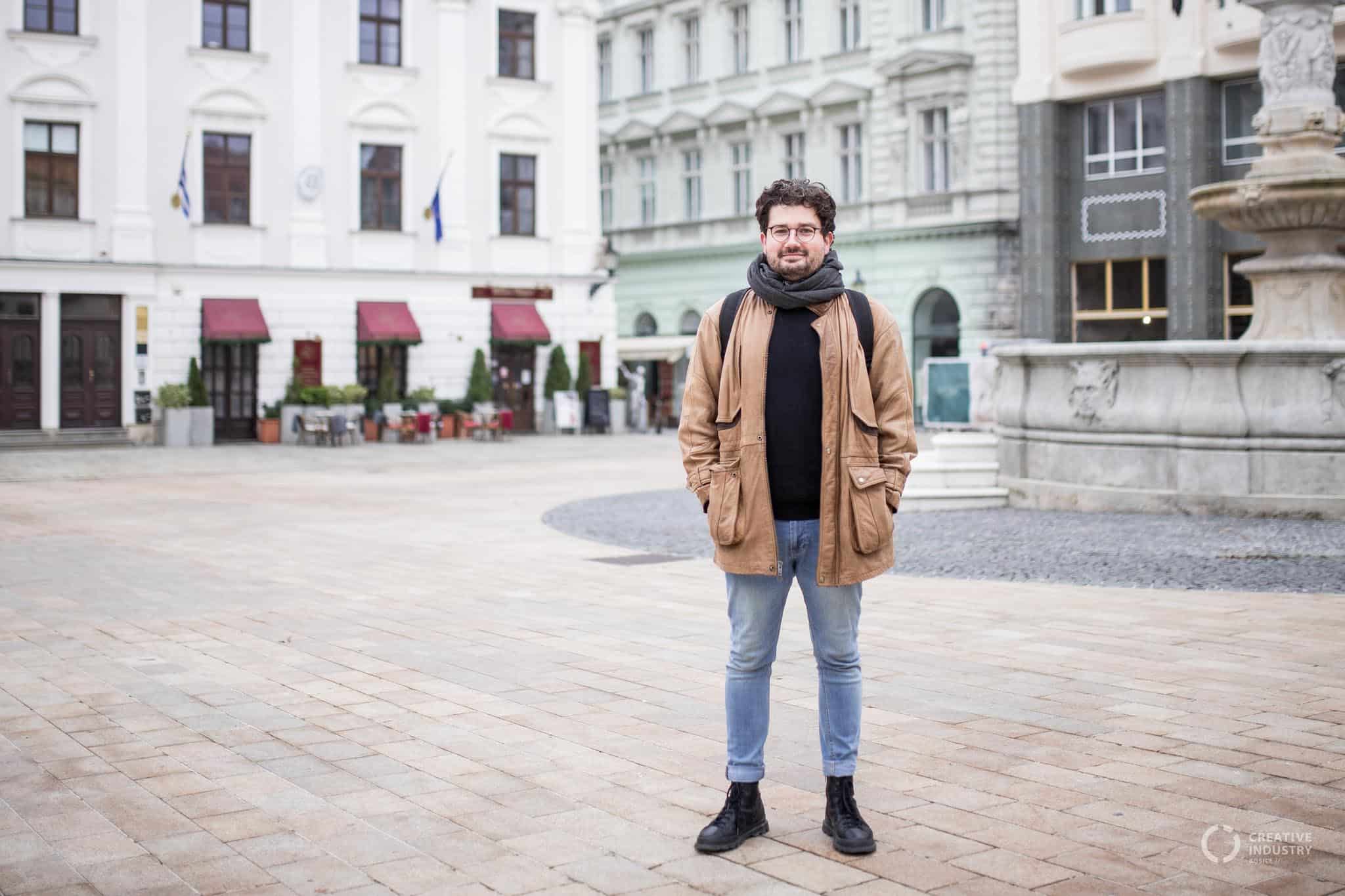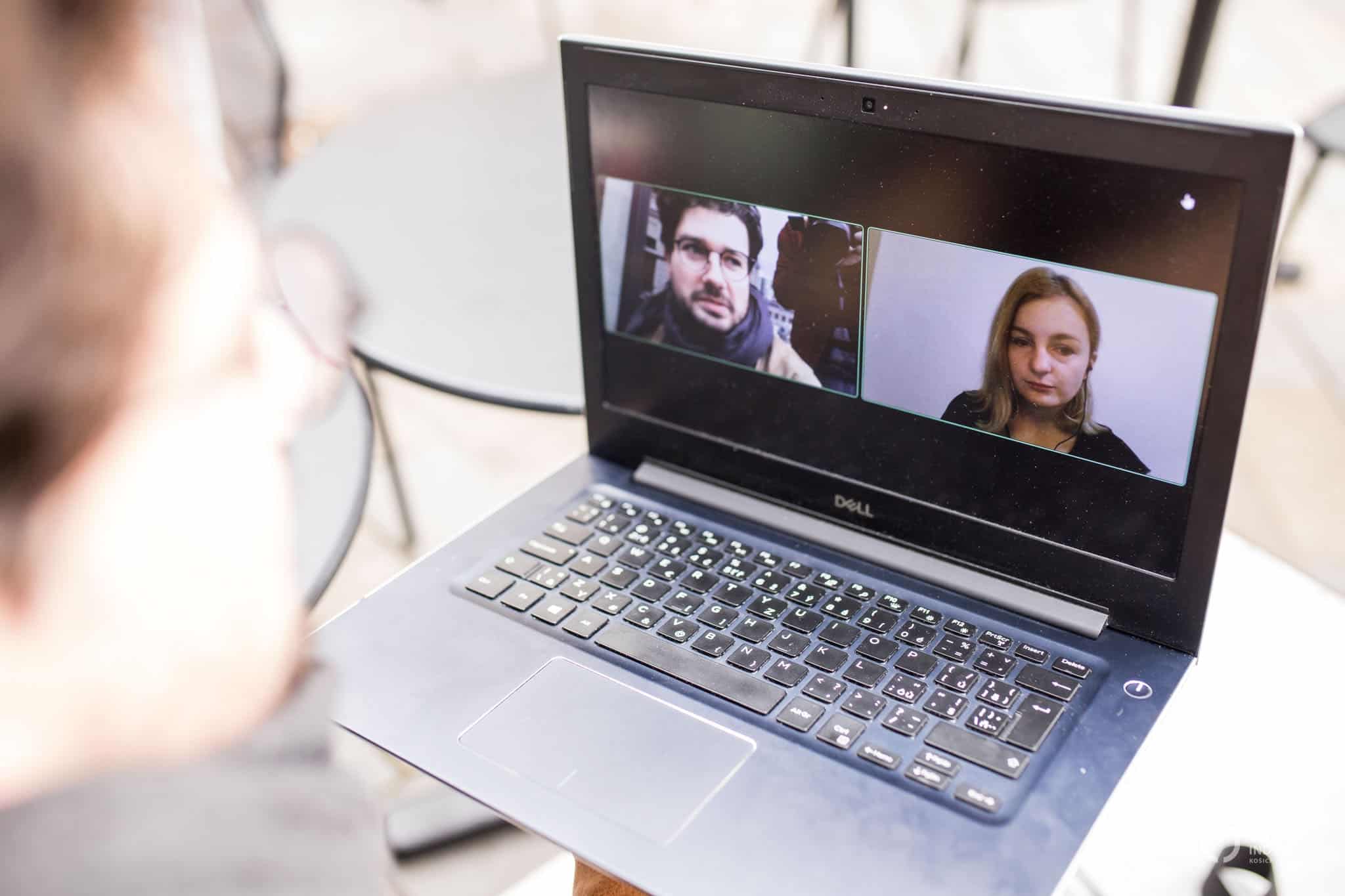Escalator is a year-long educational and mentoring program that develops Slovak organizations and projects in the cultural and creative industries since 2013. During the program, participants focus on their goals and visions, develop long-term strategies, and get to know each other. This year is different from the previous years because of the pandemic, and all activities are taking place online. Even under such circumstances, organizations and individuals are eager to learn new things and adapt. The City Gallery of Bratislava, K13 – Košice Cultural Centers, and Impact Games have shared their take on it in the article below.
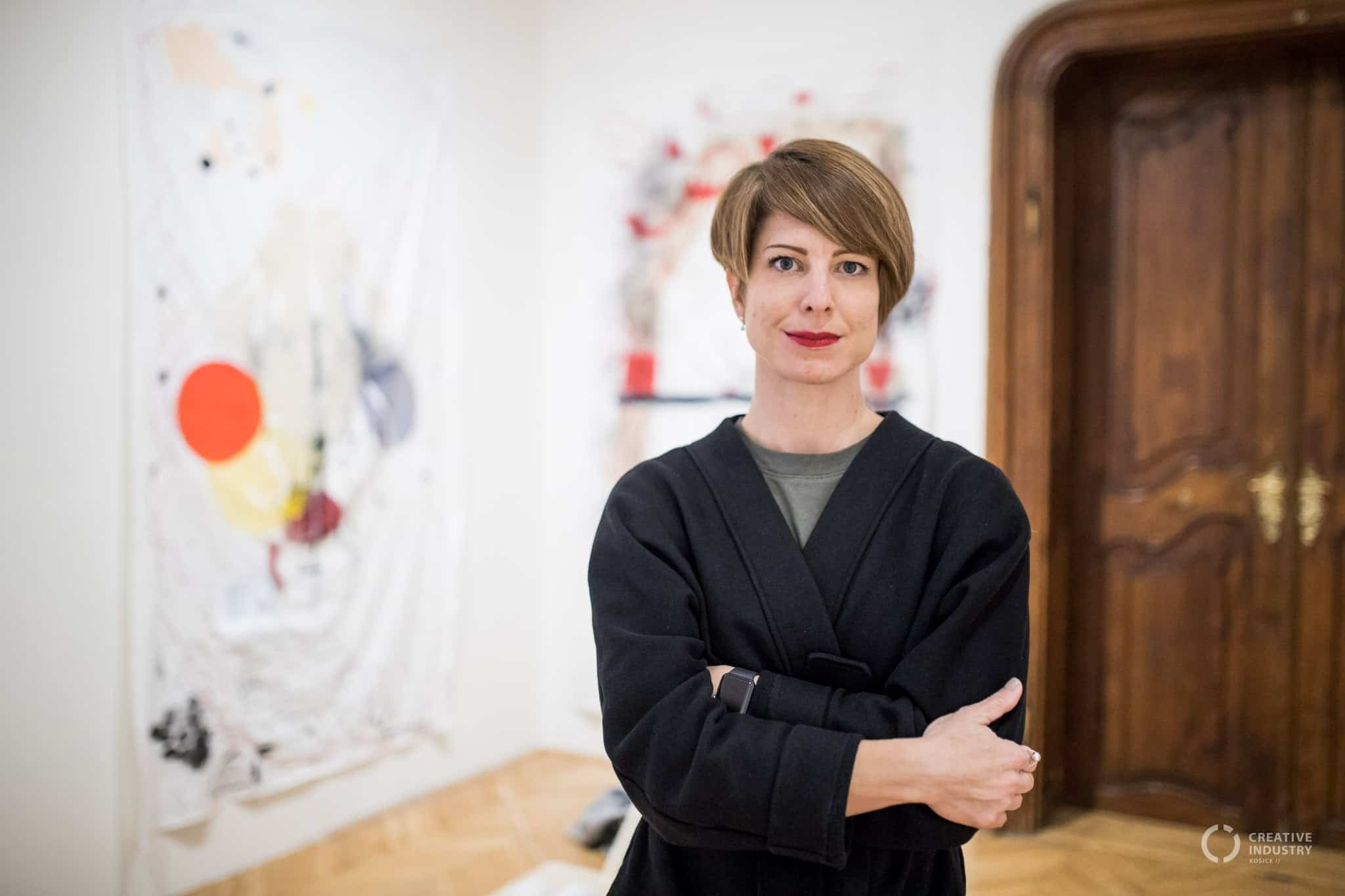
City Gallery of Bratislava, Katarína Trnovská
If I were to choose two words to describe the past few months spent on Escalator, I would go for professional communication. The CIKE team is doing a great job under the difficult circumstances caused by the corona crisis. They try to meet our needs the best they can and motivate us even though we can only communicate virtually. Thanks to our excellent mentors, we can turn our motivation into real outcomes through challenging assignments, which can then be used in the actual process of development and improvement of our organizations. I like that we must take direct steps, which forces us to carefully formulate our goals and take into account various aspects that can affect our planning. I feel sad that Escalator 2020 will occur only in the online environment, and we will miss the chance to meet in person. However, I believe that once the corona crisis passes, we will meet and strengthen our network.
At the beginning of Escalator, our organization chose two priority areas to focus on in the educational process. In our case, it was communication and development of our organization, and therefore these are the areas in which we noticed the biggest progress. My personal bubble burst after one of my colleagues correctly pointed out that many of the individuals we consider our target group does not even know what art is and why we need it in our lives. Of course, this would require us to change the type of communication we were using and stop addressing our absent target group.
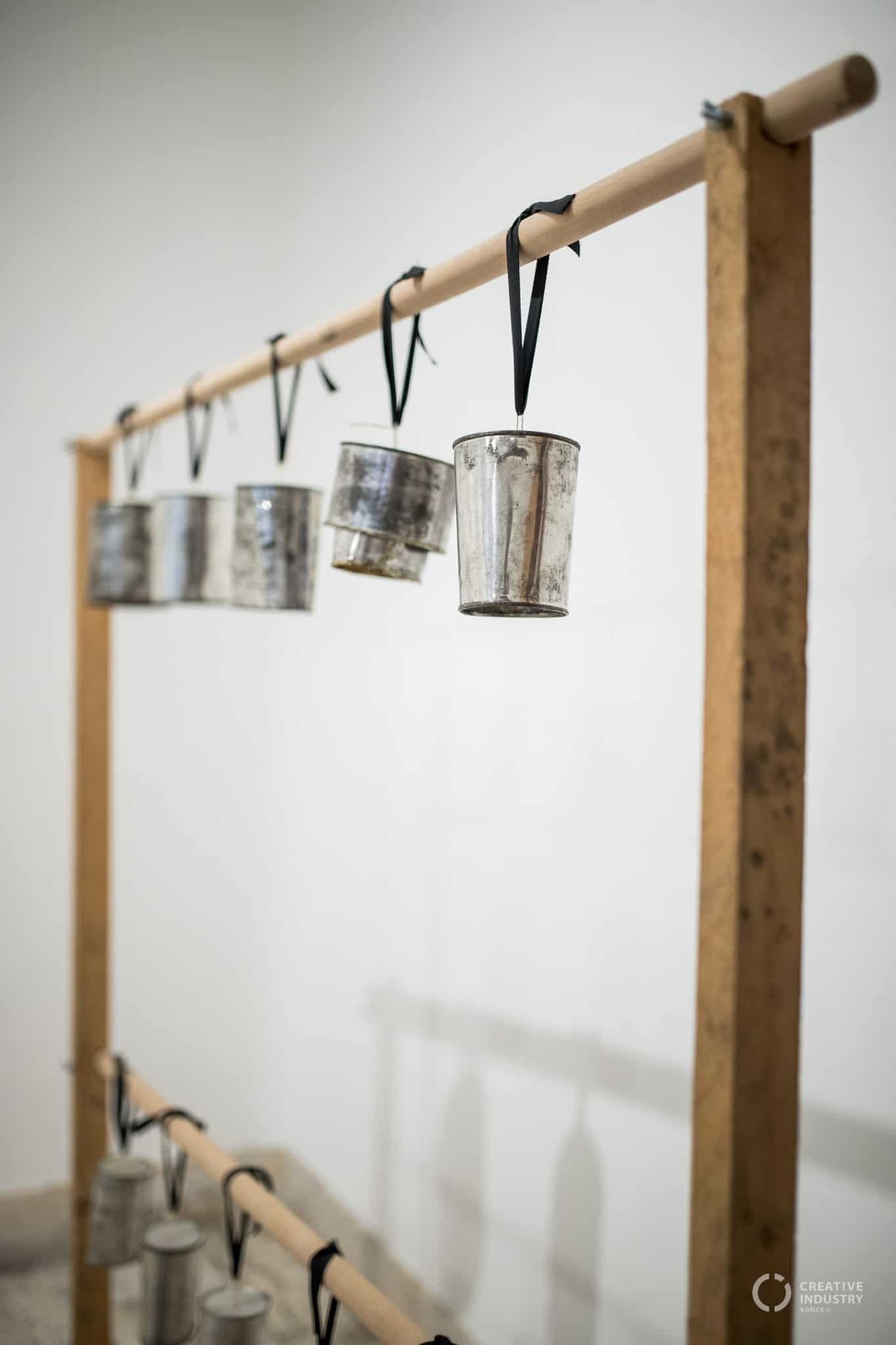
As an organization, we are advancing in these two areas, increasing our chances of sustainable existence and improving our core values. I see networking as an irreplaceable part of the whole process. We also try to support it by talking outside of group workshops. I believe that there is room for cooperation. It just needs to be discovered. Thank you, CIKE, for allowing us to grow.
Education and capacity building is a long-term sustainable way of developing an organization. As an organization, we are advancing in these two areas, increasing our chances of a stable existence and improving our core business. I see networking as an irreplaceable part of the whole process. We also try to support him with other individual communication, which takes place outside of group training. I believe that there is room for cooperation. It just needs to be discovered. Thanks to CIKE for the opportunity to grow.
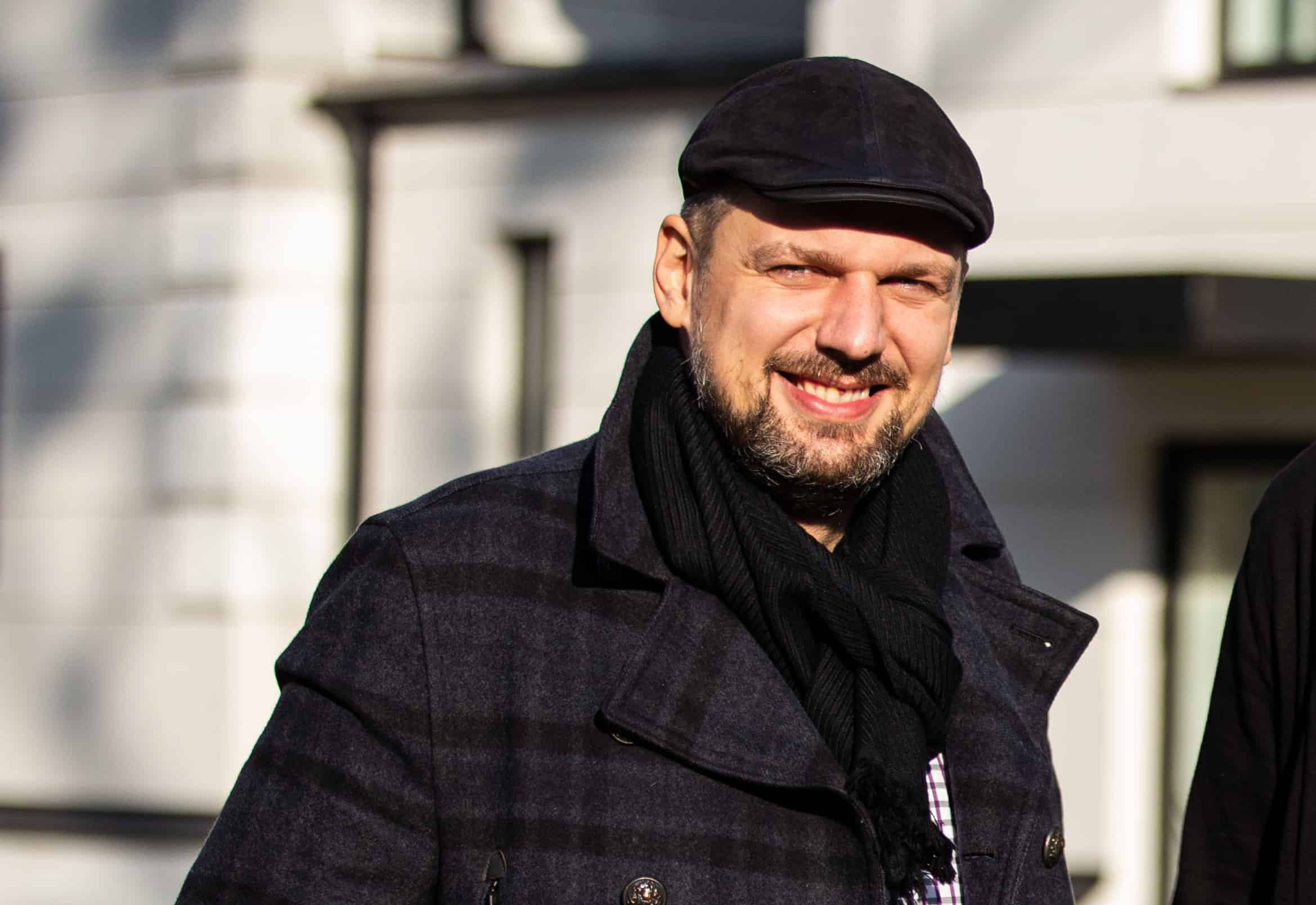
K13 – Košice Cultural Centers, Tomáš Petraško
So far, I consider Escalator to be a very positive experience. Workshops that take place on a regular weekly basis are beneficial for us. I can imagine that they are also key for other participants, and they can advance thanks to them.
It is no coincidence that we are participating in the Escalator program this year. 2020 was supposed to be a year of change for K13. The end of the European Capital of Culture 2013 project’s sustainability period has untied our hands in many ways. Since the beginning of the year, our calendar of events has been filling up quickly. Some months seemed critical, and we were preparing for the challenge of how we will manage them within our personal, material, and spatial capacity. We were ready to try new things and see how the audience would respond to them. We also wanted to offer our premises and services to non-artistic event organizers actively. We believe that this could be an interesting source of income for us in the future. At the end of the year, we wanted to review all activities and, based on that, adopt a new and clear concept of our functioning and subsequent changes and measures.
Since March, the corona crisis has prevented us from trying all these ideas in practice. Escalator allows us to have a dialogue with foreign mentors and other participants and each other within our organization. We firmly believe that these consultations and experiences will also help us make the right decisions and become even more attractive to visitors and event organizers.
So far, it is a bit early for us to talk about a tangible change. K13 has been operating since 2014, and despite its relatively short existence, processes within the organization have naturally evolved. In some cases, it is also possible to speak of stereotypes that should be torn down.
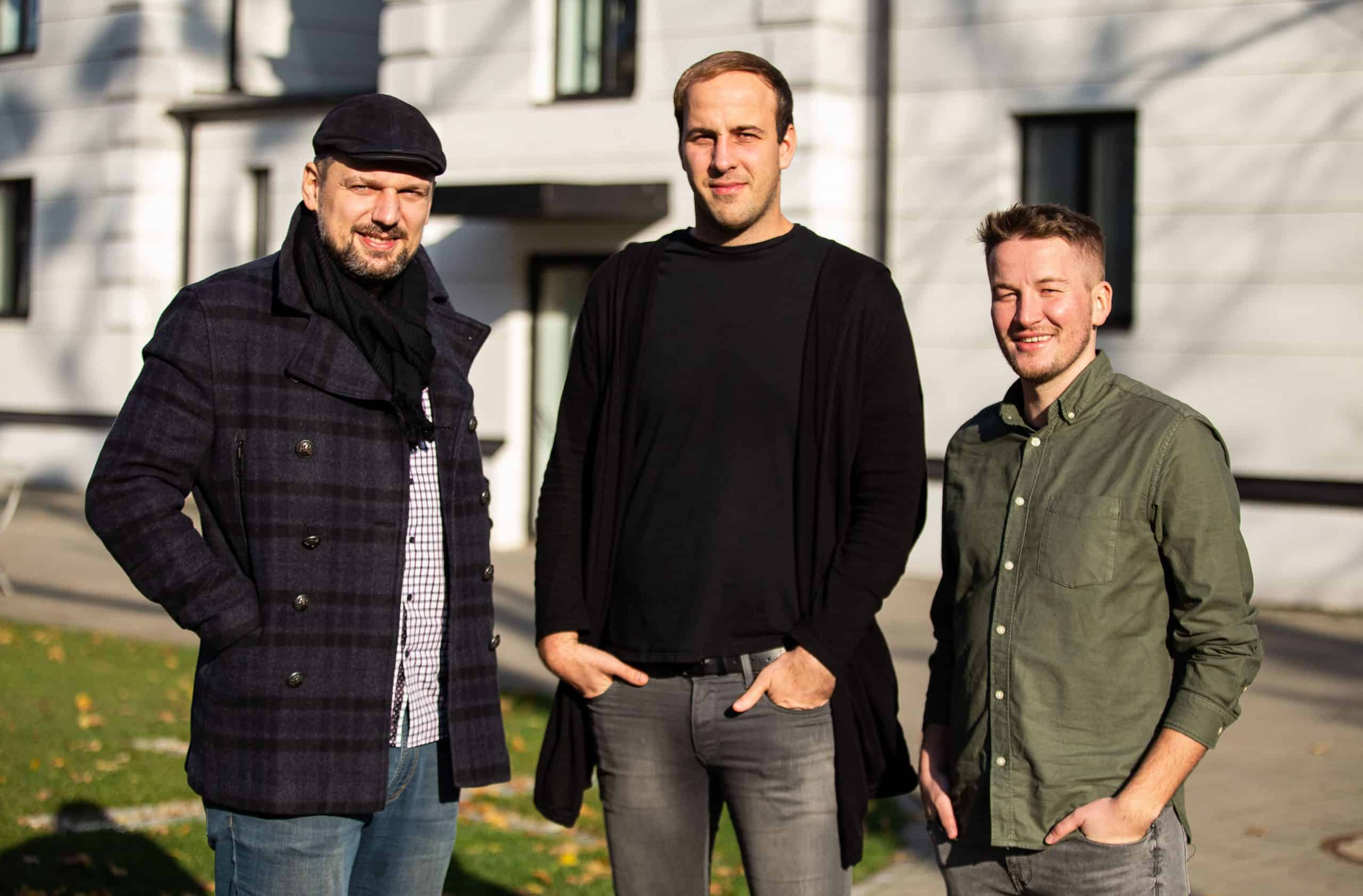
Each of the participants out of K12 in the Escalator program (me, Martin Dani, and Matúš Binc) has been in the organization for a different period of time. Hence, we have a different opinion about some established processes. In this regard, the biggest benefit for us is one-on-one (in our case, one-on-three) conversations with mentor Paul Bogen. He has not only rich international experience but also knowledge of the local environment. He is critical and direct, which gives us a good idea of the current situation. I firmly believe that together we will prepare a sustainable and attractive strategy in the coming months.
Education and capacity building are important because through these activities and practical exercises, our employees and the entire organization advance. Our team is the soul of the space it manages. Many people from our team started in K13 as volunteers, later as part-time workers. We are a city organization, and there are certain limits for us, as a subject of public administration, for example, in the remuneration of employees. Personal development and room for growth is, therefore, an important non-financial benefit. We are always very pleased with the positive feedback we receive from our technicians, producers, mediators, and lecturers in Steelpark or other service staff. Equally important, however, is that, in addition to expertise, the entire team is in a good mood and comes to work with a smile.
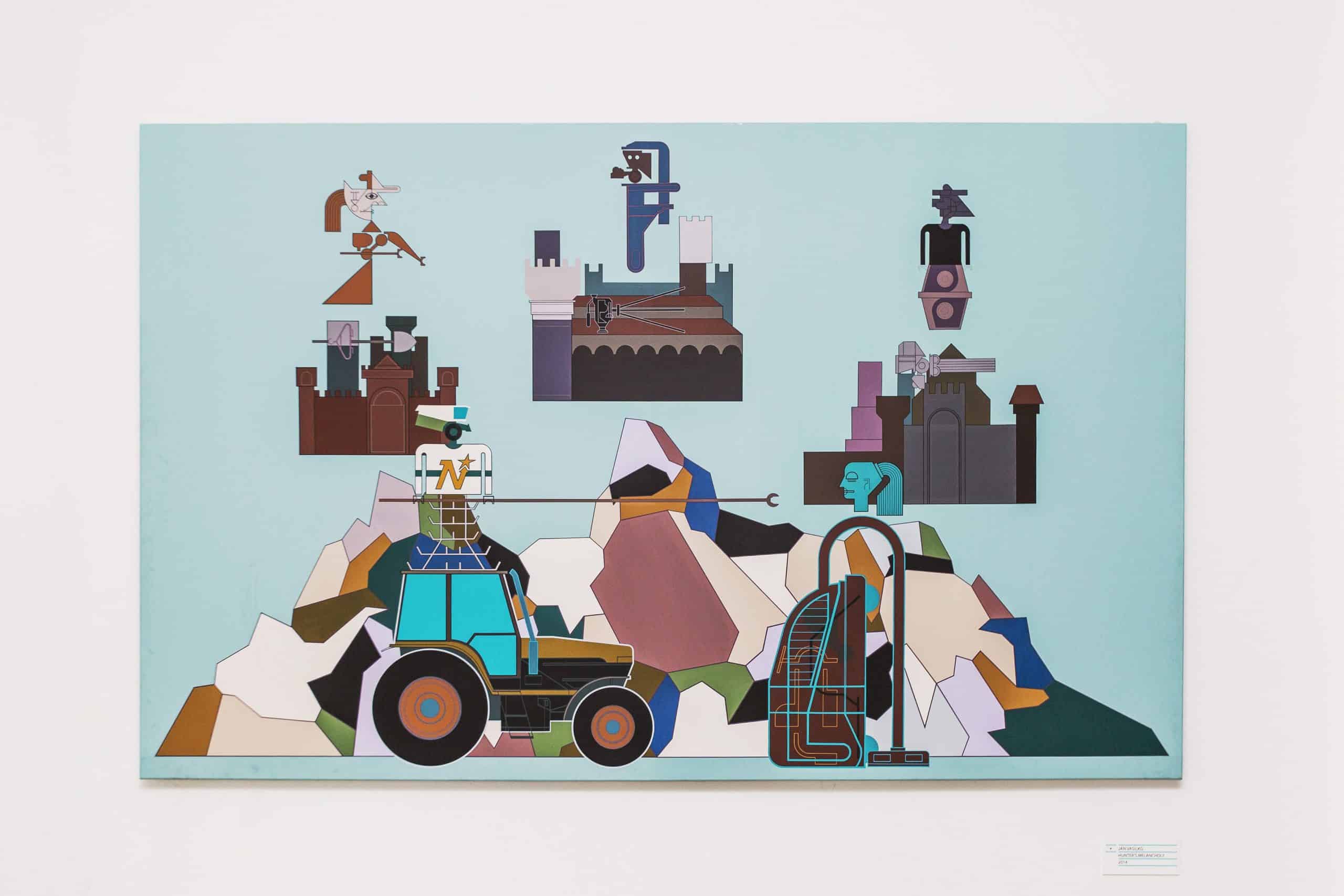
It is a great shame that we are taking part in Escalator at a time when personal contact is limited. However, it is still good to share our experiences with other participants, even if it’s only online. I am convinced that if these educational meetings took place face to face, there would be several new projects by now.
In K13, the role of networking was slightly overlooked. We have relied to some extent on CIKE, with which we work closely and which is well networked at the transnational level. We received some interesting advice from mentors on how we can establish new partnerships and network better. We hope that the current situation will soon be over, and we will be able to use their valuable advice in practice and cooperate in real life.
Impact Games, Veronika Golianová and Jakub Žaludko
We are sad that the current situation does not allow us to meet other participants and mentors in person. Nevertheless, we perceive very positively how mentoring was relocated to the online environment. We appreciate the willingness of mentors and the CIKE team to answer all our questions.
At the time we applied for the program, we faced several challenges. On the one hand, we had a huge vision and goals, but we lacked a precisely defined plan to help us fulfill them. Thanks to Escalator, we are gradually tackling these issues through detailed planning. At the same time, the mentors provided us with the necessary structure and tools to achieve this and the outside perspective that we really needed. They also gave us a certain amount of self-confidence and pointed out our work’s added value towards partners.
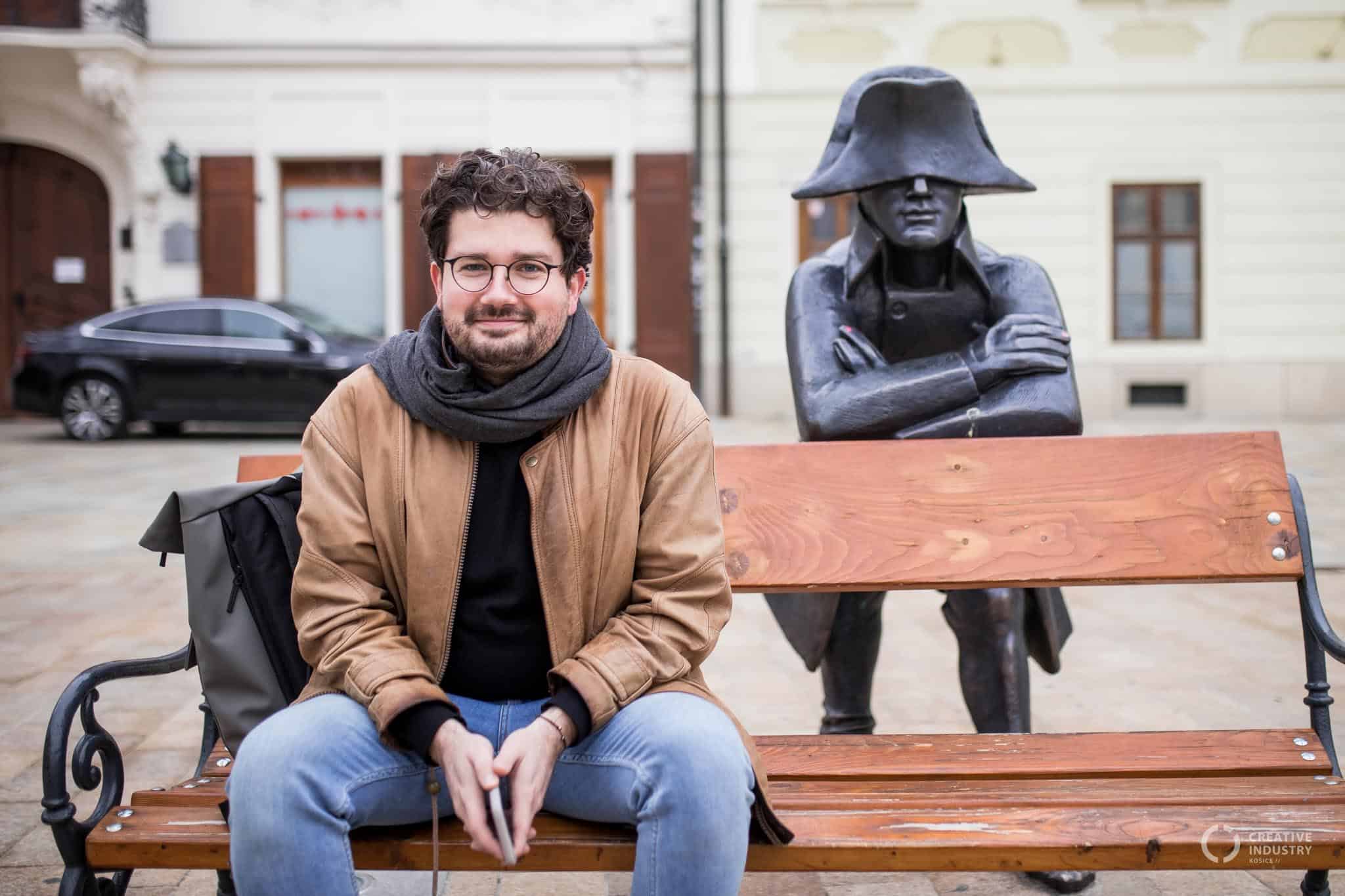
Education and capacity building are essential for moving forward, both personally and for the organization as a whole. One of the main activities of Impact Games is innovation in education. If we did not constantly work on ourselves, we would not even fully devote ourselves to this sector. It is also essential to discuss our ways of thinking, ideas and plans with someone outside our organization.
We are very pleased with the existence of initiatives and programs such as Escalator, which seek to advance the cultural and creative industries in Slovakia. This is particularly necessary today, as we see how hard this vital sector has been affected by COVID-19 measures.
Escalator was supported using public funding by Slovak Arts Council.
